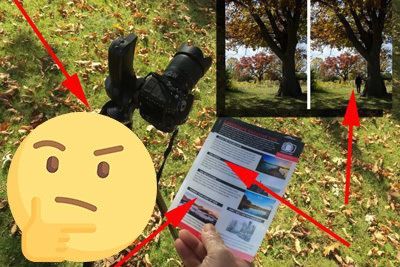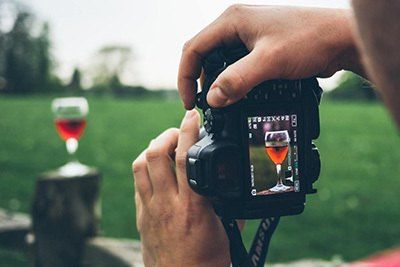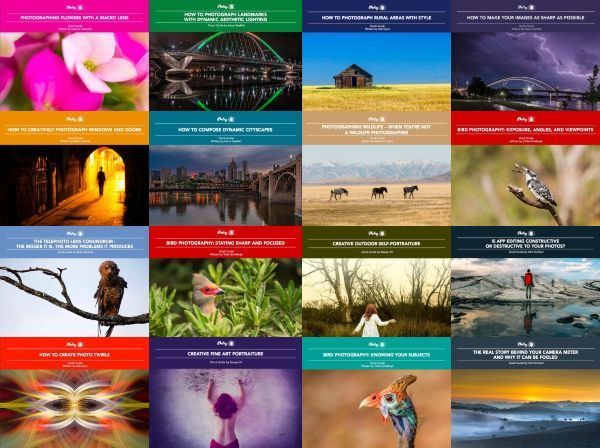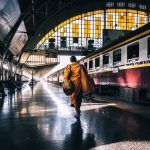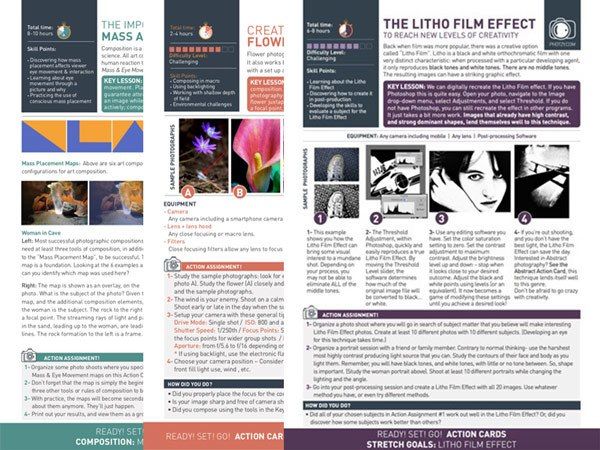In my experience as an educator, I have observed that there are some things that many new photographers miss out, even things that are fundamental in photography. This happens for different reasons—the lack of clear direction when learning photography; too much information about photography on the Internet; and even simply getting too excited over using a new camera, learning a new technique, or practicing a new composition rule.
One of the things that we tend to neglect is a certain skill called subject selection. By neglect, I mean not consciously taking time to develop and enhance this skill. But to purposely gain knowledge and understanding of this topic is advantageous, because it is one of the things that can make photos stand out.
To be clear about what we mean when we say subject selection, let’s define it.
Subject selection is the process of choosing certain people, places, or things that appropriately fit a given photography task. Subject selection as a skill gives you the ability to master that process.
This isn’t about choosing which genres you prefer over others. Even if you only take photos of landscapes, you still need subject selection skills to be able to recognize scenes that are worth your while.
Subject selection is not storytelling either. If you change the actors of a movie, you will still have the same plot and the same story. This process focuses more on the specifc object of the story rather than the story itself. With this analogy, it is more about effectively choosing the main and sub-characters that will be included in your photograph.
This guide is meant to introduce you to the concept of subject selection.
Subject Selection Skills
Everyone improves their process of subject selection over time. This happens because we get used to what seems to be more effective and more desirable. Some objects become more interesting than others as you continue shooting. When you take photos of the same person every day, you are more likely to want to find someone else as a subject. Your mind simply gets bored of seeing the same things.
I remember the first time I ever held a DSLR—a brand new Nikon D70 which I was really excited to use. I immediately thought of all the beautiful images I could create. I wanted to make ocean waves look like fluffy clouds and running water like silk. I also wanted to capture sharp portraits with blurry backgrounds. This became my goal.
After a little instruction from the manual, I began to shoot everything—literally everything—that I saw! I took photos of my mom’s flower vase, food on the table, our dog, the garden flowers, some birds flying, my neighbor’s mailbox, kids at the nearby park, etc. I took all these photos to test out my new gear. Most of the time, though, my photographs were trash, so I purposely took the time to learn how to use my camera until I was able to create long exposures and background blurs somewhat consistently. In my quest to master these those two techniques, I learned how to compose photographs and learned about lighting. I also spent a lot of time learning Photoshop.
Subject selection is the process of choosing certain people, places, or things that appropriately fit a given photography task.
It wasn’t until a few years later when I started to ask certain questions that I began to understand the concept of subject selection. Why is it that I want to take photos of this person and not that person? What is it about this certain photograph from a certain photographer that makes it look more interesting than my own work?
Although I’ve told you about my story, what I have just described to you is a normal process of learning photography. Most photographers in the digital age learn photography this way, but they have to. I think that knowing upfront which skills you need in order to excel at photography will be beneficial to the learner.
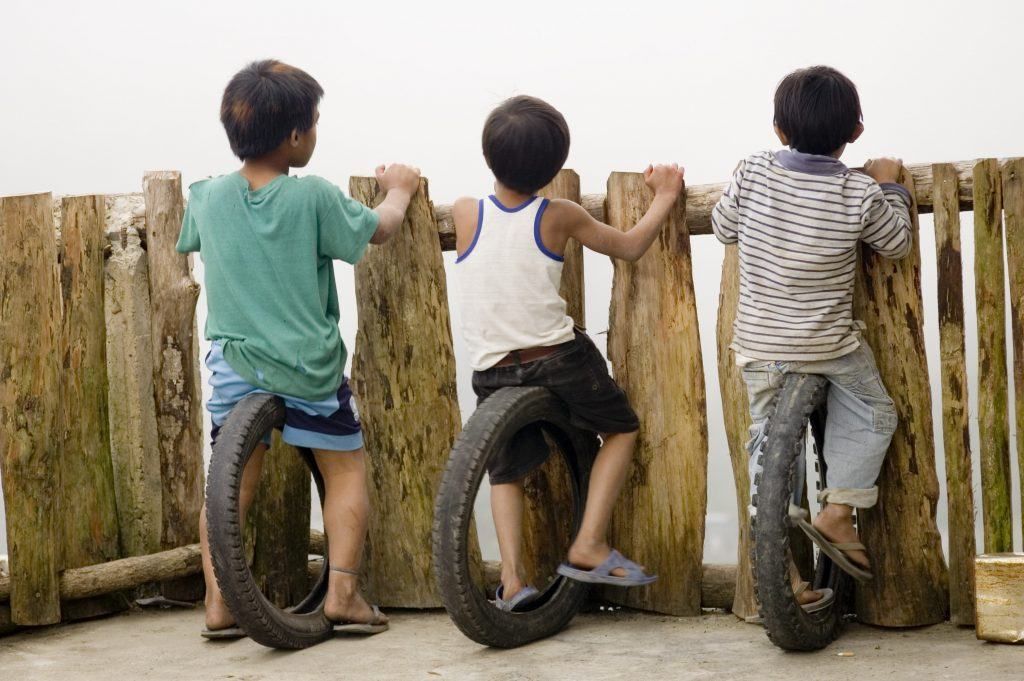
Three children sitting on tires looking over a wooden fence is a much interesting subject than just three children, or even three children simply looking over a fence. Photo by Karlo de Leon
The Concept of Subject Selection as a Skill
Subject selection is rarely taught in photography learning circles, probably because it is very subjective in nature. It’s difficult to create rules around this skill; it relies greatly on each photographer’s intention and how their target audience would perceive a photograph.
Consider these questions: Are some subjects more interesting than others? What makes a subject interesting? Can I increase a viewer’s interest in a certain subject? If yes, how can I achieve this?
Subject selection involves awareness and appraisal of a subject’s interest value. Awareness involves knowing what to look for in a subject while appraisal is an active assessment of a subject.
Let’s talk about interest value further.
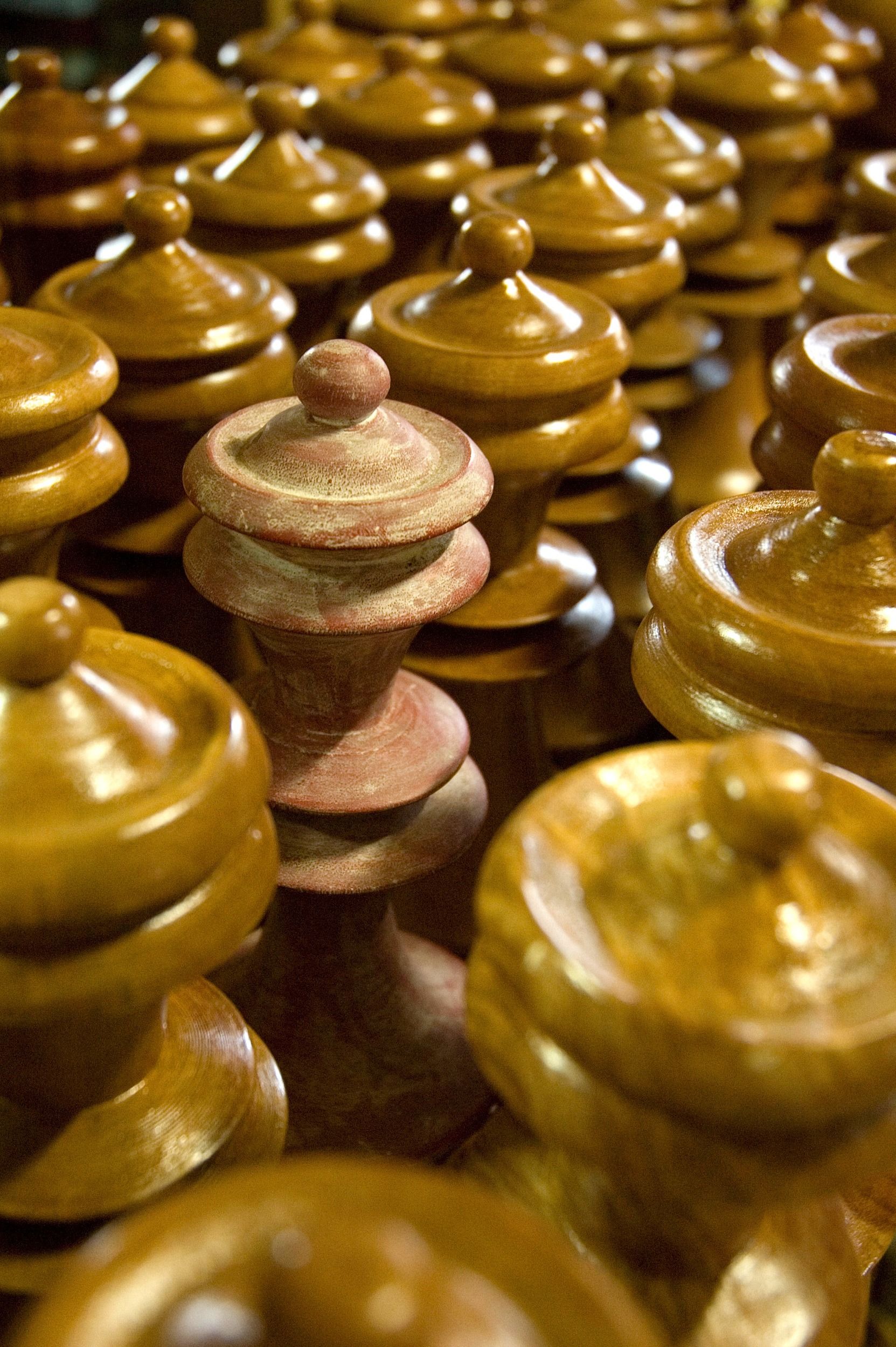
Wooden chess pieces are already interesting subjects, but the unpolished one has a higher interest value. Photo by Karlo de Leon
Understanding a Subject's Interest Value
To understand subject selection, we need to understand that each object has an interest value.
Interest value is an immeasurable rating that we give specific objects to determine how interesting it is. We can also call it visual value or visual response value. We will use these terms interchangeably throughout the guide.
First of all, you need to know that some subjects are really more interesting than others. This is true because that is how human nature works. When choosing a love interest, why do you prefer one person over another? Why do you choose this shampoo and not that one? Why do you like this type of food compared to another? Everything in life has interest value. The higher the value, the higher the chance of it being selected.
Similar questions are asked in photography. Why do magazine photo editors prefer one shot over the other? Why would one subject fit better on an ad campaign compared to the other subjects? Why is one model more appropriate for a shot than their colleague, but for the next concept, it’s the other way around?
Imagine that you are joining a contest. The theme of the contest is “The Most Interesting Object.” You are required to search for the most interesting object in your house. What object would you choose as your subject? Go do it now. Actively participating in this activity might help you understand this concept further.
Have you found the most interest object? Ok, now take some time to answer this question:
What is it about that object that made you choose it as the most interesting thing?
Write down your answer (you may have several answers).
Are you done? Now, let’s focus on your answers first. Your answers are all correct. How can I tell even though I can’t really see what you wrote? It’s because I cannot question what interests you. If the object that you chose is interesting for you, no one except you can question that.
However, when we’re talking about photography, the reality is that we don’t always create photographs for ourselves. We want other people to see them to appreciate what we’ve created. Our audience isn’t just ourselves.
If this was a real contest and you have a goal of winning it, there’s one question you need to ask before you start looking for an object: who will be judging the contest?
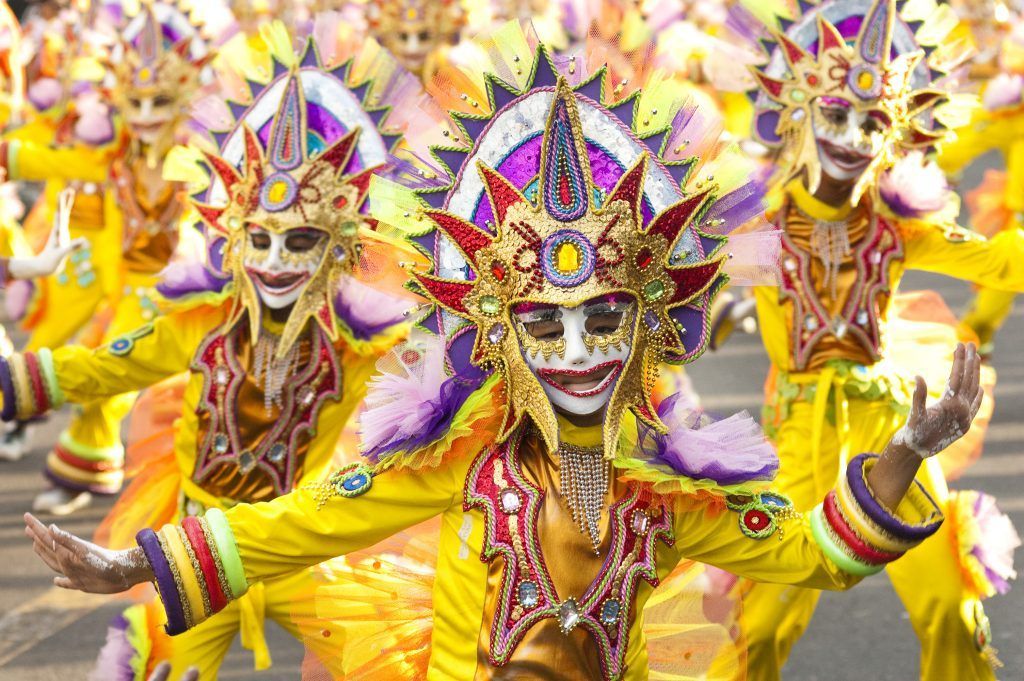
What could have a higher interest value than a single street dancer? A group of them wearing costumes and face masks. Photo by Karlo de Leon
Recommended Reading: Before we proceed, I’d like to invite you to take a look at Mitchell Kanashkevich’ best-selling book, Powerful Imagery. Mitchell’s work has been a major inspiration that led me to study more about subject selection. If you want to create photos with impact, this book will literally show you how it’s done. Check it out here.
Interest Value And Target Audience
Interest value is dictated by your target audience. Target audiences vary from photographer to photographer and from project to project. If you’re hired to take photos of a wedding, your target audience involves the couple getting married, their families, friends, and other guests invited. For the majority of your audience, there is a high visual value placed on the couple as the subject, and more weight is usually given to the bride. Guests would probably also want to see themselves with the newly married couple compared to photos of other people or the wedding cake.
If you’re shooting food, the chef would probably place a high interest value on his signature dish compared to all the other dishes.
Common Vs Uncommon
When it comes to visual art, more people will be attracted to something they don’t see every day. Common things you encounter will usually have lesser visual appeal compared to an uncommon sight. Joining photo contests will help you understand this idea. There is always usually a specific theme, so every photographer will try to submit their best work that fits that theme. Part of what judges look for are photos that they’ve never seen before. Cliché photos normally don’t get shortlisted.
When you take photos, do you consciously think about who would look at your photos?
Here’s a scenario that further illustrates this concept:
Imagine that there is a man living in the Arctic. He is asked to take photos of his environment—his own house, his children, what he eats, his clothes, and other details that may show what life looks like on his side of the world.
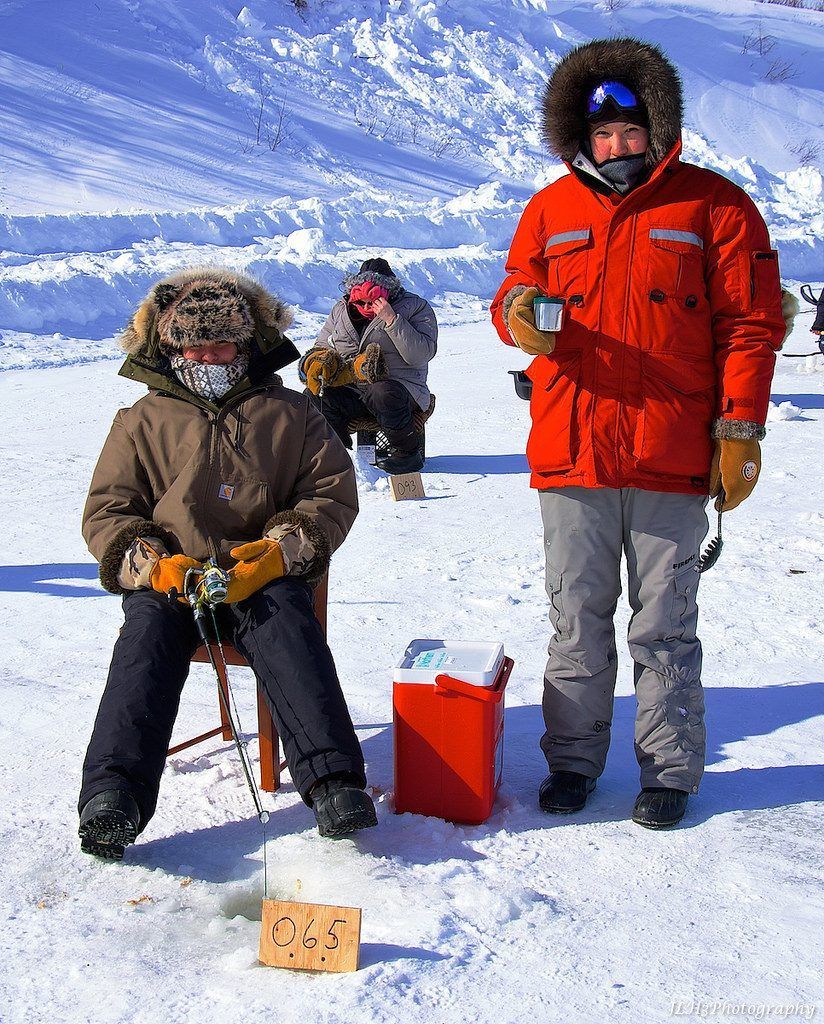
Photo by J. H.
What do you think you’d see in his photos? There would probably be subjects that involved snow, icy lakes, some ice fishing, foggy landscapes, igloos, and kids wrapped up in fur clothes. Now, if that photographer puts up an exhibit of his work in his own town for his community to see, how much visual response value do you think that would have? Let’s just give it a number for the sake of illustration. Let’s say it’s a 6 out of a perfect 10.
Now, if the same photographer takes his photos and sets up an exhibit in a remote village in Africa, where snow is non-existent or probably unheard of and the concept of ice and snow is a wonder, would the interest value of the same photos in this community be higher or lower?
Did you have an a-ha moment? I hope you did.
Increasing The Interest Value Of A Subject
What do you do with things that do not have high interest value? Do you simply discard them and look for a better subject? As I mentioned earlier, it depends on the type of photography you do and the amount of leverage you have over a subject. You may choose to move on and look for something else or you may choose to increase a subject’s visual value. The question is how.
During my earlier years in photography, I joined a camera club and became friends with a very talented photographer. He was truly talented because he consistently won at photo contests. He won so many known awards that we called him a Professional Photo Contest Winner (he’s a computer programmer by profession).
I remember one time, after weeks and weeks of scorching hot weather where clouds were all puffy and thick, rain started pouring for hours. It was so strong that the sky turned from puffy clouds to overcast. I then heard that my friend, the professional photo contest winner, traveled three hours to a remote place so he could produce one photo—one. It was a photo of a shabby house on stilts built above sea water. The sun was twice as big as it looked and the sky was textured pink. I have never seen such a sky in my entire life. I wish I could share with you that image, but for practical reasons I won’t be able to. That photo won first place in a very popular photo contest.
My point is, he’d already been to that place long before he took that shot of the house. But why didn’t he produce the shot back then? It’s because the interest value was not high enough for him to bring home the prize. Not even the usual golden hour shot did it. He literally had to wait for the environment around his subject of choice to change so that it also altered the visual response value of the subject. Adobe, who produces Photoshop and Lightroom, ended up licensing twenty-eight of my friend’s work. I would say part of his success was his uncanny ability to increase the visual value of subjects.
Appraising Interest Value
If you were forced to take photos of an apple, what would you do to increase its interest value? Take a look at the two apple images below. Obviously, the second image (Apple B) has more visual value than the first image (Apple A). But it’s almost the same subject, right?
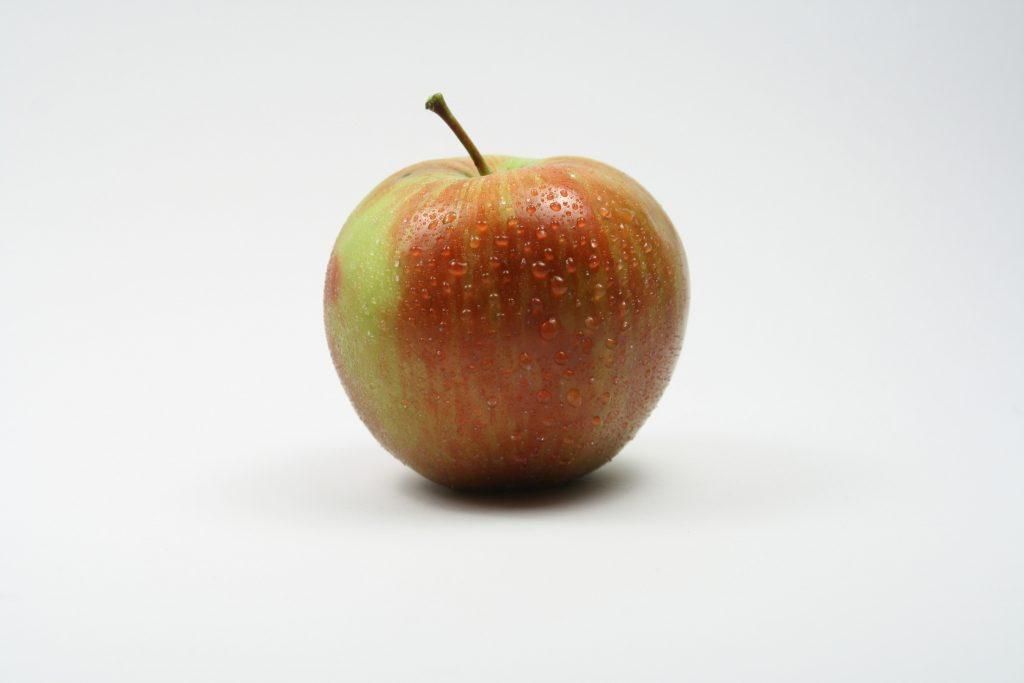
A. Photo by PeterFranz
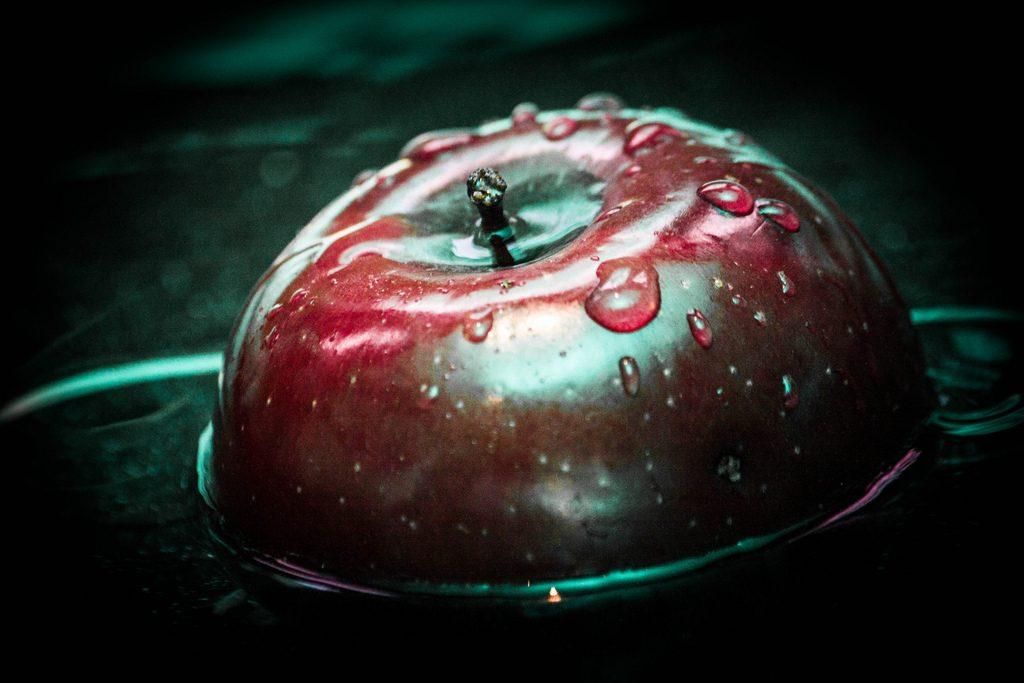
B. Photo by cortezopperman
The lighting on Apple B created more drama than that on Apple A. Also, although water droplets can be seen on both apples, the water drops on Apple B look more interesting because (1) the dark background made the droplets look more evident and (2) the droplets look more natural. Submerging half of Apple B in water also made it more interesting. These conditions made Apple B look juicier than Apple A, and because we like juicy apples, Apple B will have a higher interest value.
Take note that we are not assessing the photograph but the subject and the surrounding conditions that can add or subtract to its visual value.
Let’s try another one below.
Which group of people has higher interest value?
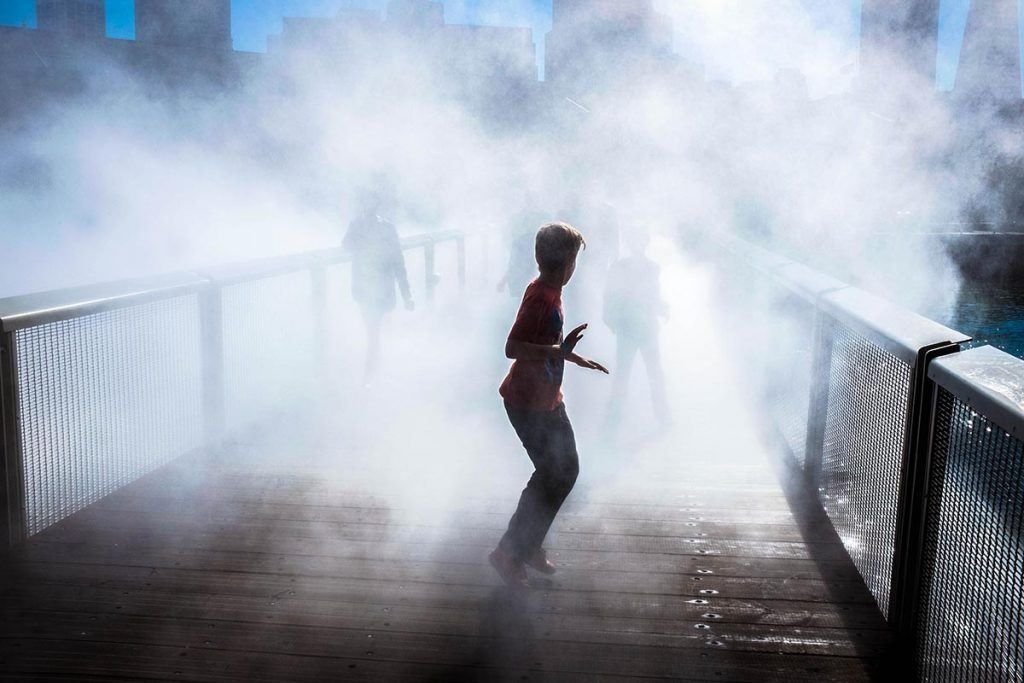
A. Photo by Sonny Abesamis
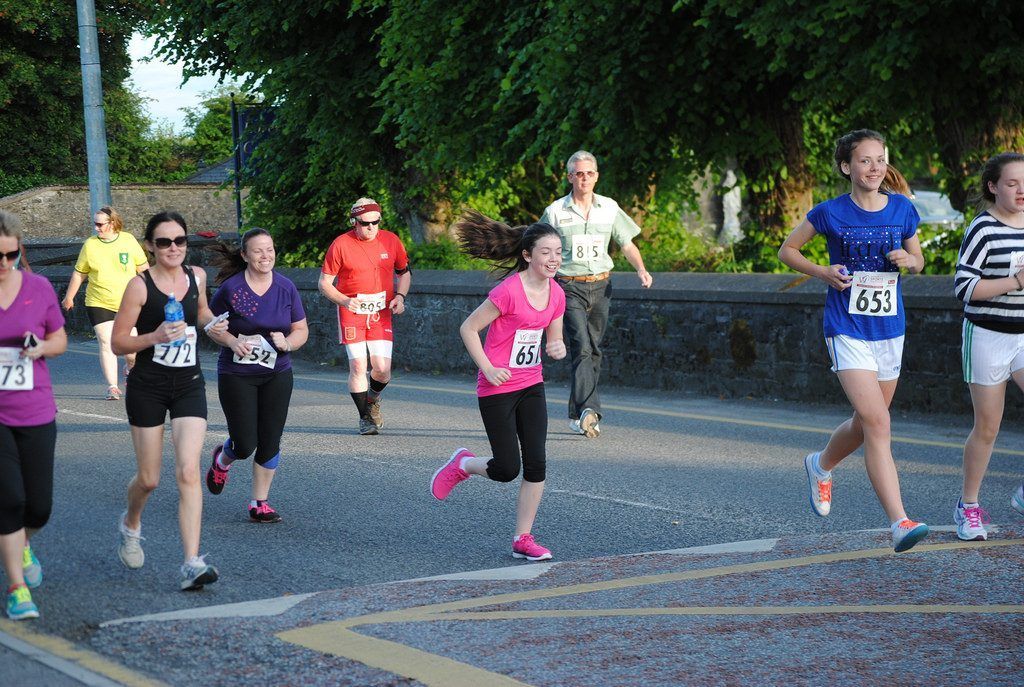
B. Photo by Peter Mooney
Which has more lighting drama? Which is more appealing as a subject? How about the environment conditions, which is more unusual?
If you were me, you would have probably chosen Group A. Both the lighting and the silhouette effect added to the scene’s interest value. Even if the runners in the Group B photo are wearing colorful clothes and their happy faces are seen, which increases its visual response value, I would want to put more weight on the lighting and the unusual smoky environment in Group A.
How about the images of Jetty A and Jetty B below?

A. Photo via Visualhunt

B. Photo via Visualhunt
Does the unevenness of the old wooden planks of Jetty B add more to the interest value of the subject compared to Jetty A, where the planks look more orderly? How about the color of the sky? Does the pale blue background give more visual value to the scene compared to the pink and blue? Is there anything else you notice that can increase the value of the subject?
Again, if you were me, you would have chosen Jetty B, the subject with the crooked wooden planks. The unevenness makes it look more interesting and the ruggedness added to its charm. A multihued background of pink and blue also looks more appealing compared to an all-blue sky and sea. However, if I were to take a photo that shows symmetry, Jetty A would be a better choice.
Here’s one that’s a bit tricky. The images of the two chicks below have an almost
identical interest value, but one is on grass and one is on wood. Which one would you
choose, Chick A or Chick B?
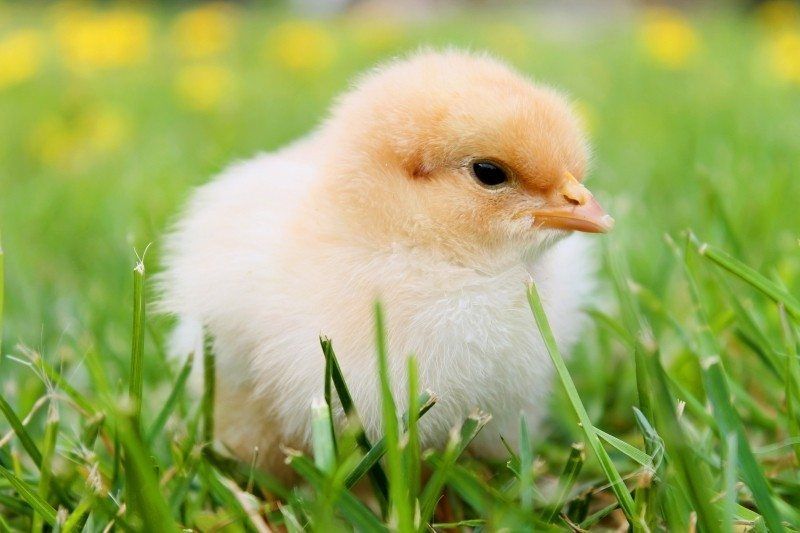
A. Photo via Visualhunt
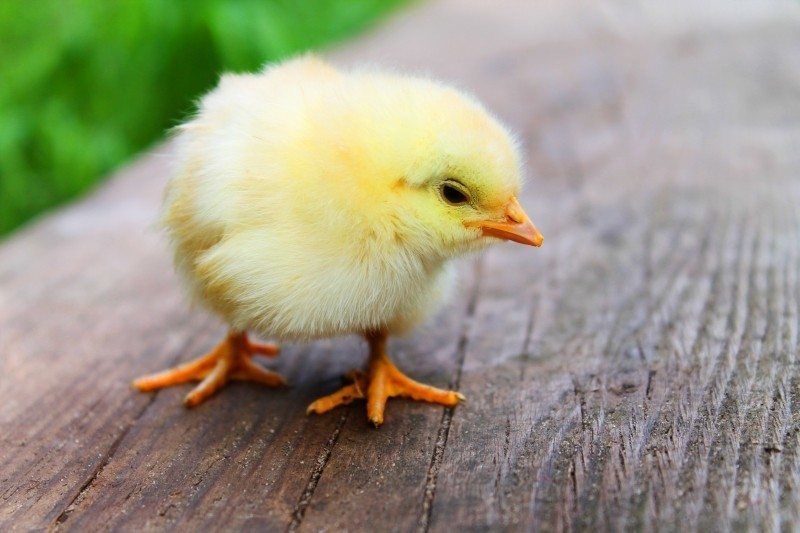
B. Photo via Visualhunt
In this regard, we don’t have a clear winner. This is because the only thing that separates the two are the grass and the wooden floor; everything else, including lighting, seems to match in visual value. For me, they would have equal interest value.
Factors That Affect Interest Value
Elements of Design
This involves texture, color, shapes, lines, tones, etc. These elements are also used when evaluating composition. Although composition is another topic, evaluating composition will be the next step after subject selection. In times where you need to increase the visual response value of a subject, composition can be involved in the process.
Lighting
Lighting can create accents and drama that can highlight an object. It also affects mood. This is why the golden hour is popular in landscape photography—that time of day when the sky becomes colorful. Lighting also alters the subject and the environment around the subject to highlight different elements of design. It can create lines, textures, and shapes using shadows, things that can add interest value to an object.
Recommended Reading: If you want to learn more about using the key concepts of light to improve your photography, take at look at Kent DuFault’s best-selling guide, Understanding Light: Book One.
Observe the lighting on these three portraits and see which one you like the most based on lighting.
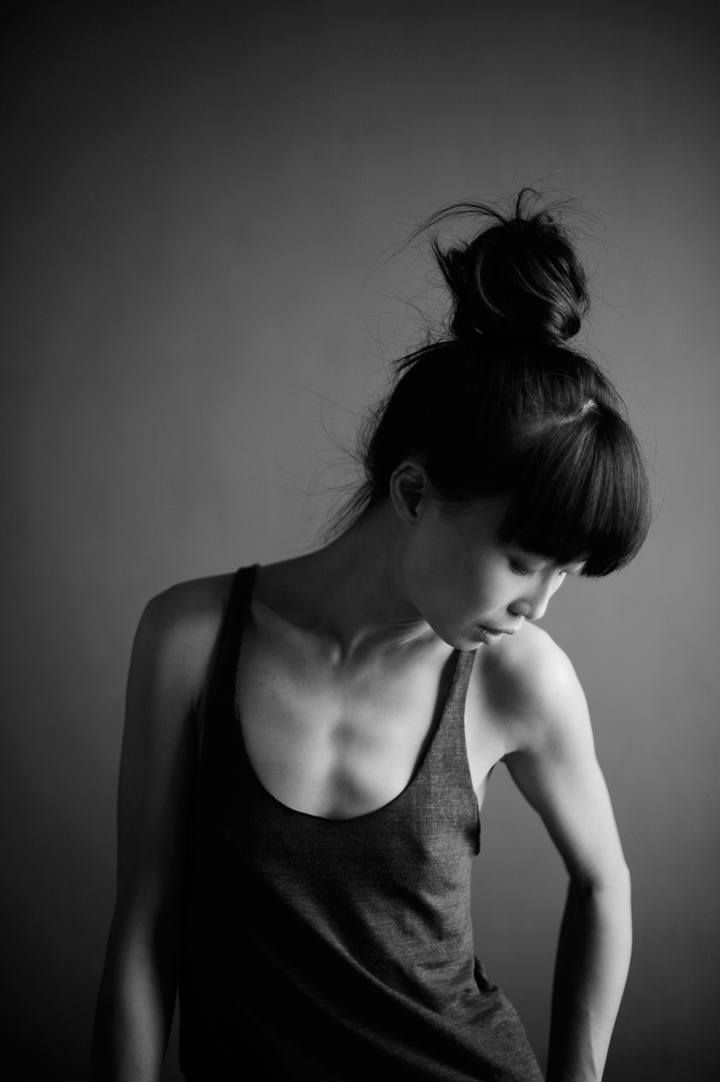
Friend Portrait by Jesse Clockwork
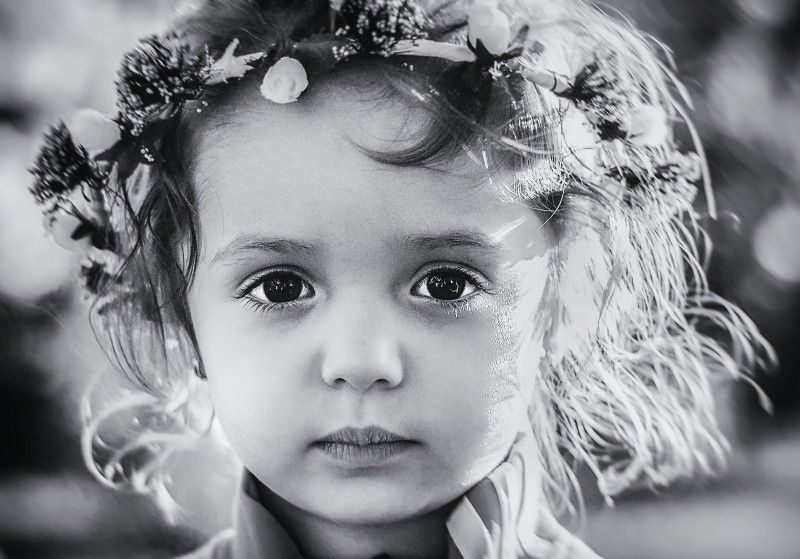
Photo via Visualhunt
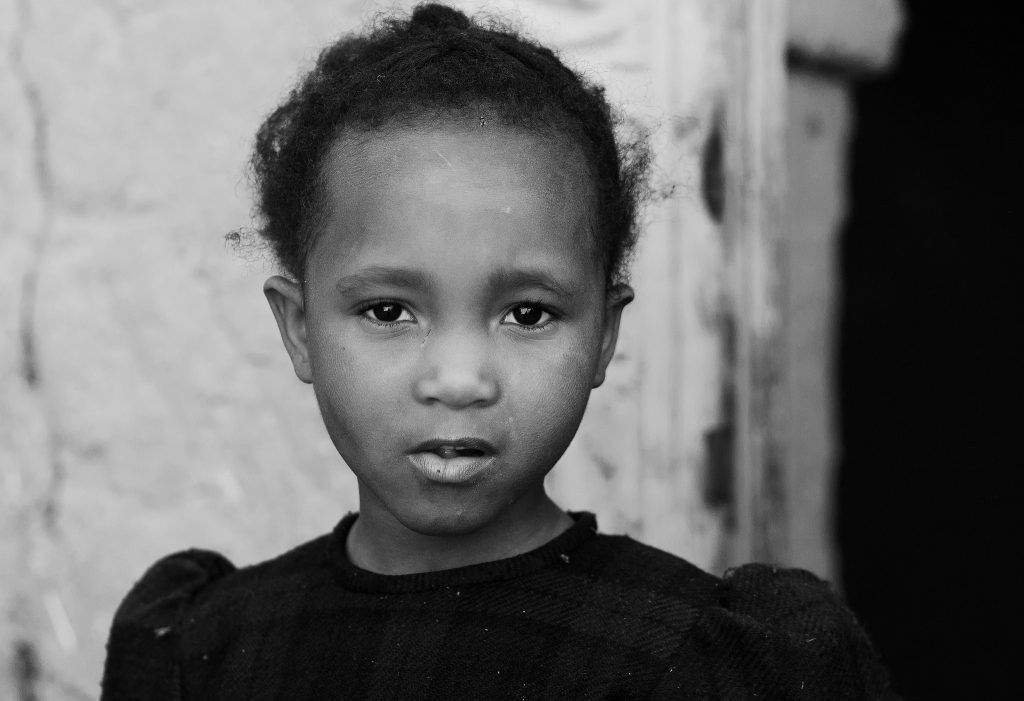
Girl in Dessert by David Rosen
Environmental Enhancements
These are environmental conditions around an object that add or subtract to the visual value of the subject. This can still involve elements of design and lighting, but usually involve actual things. If you have a mountain for a subject, what are things in its environment that affect the interest value? The color of the sky and cloud formations are some of these things. Fog, rain, and other weather conditions are also some things that can change visual value.
Emotional Value
Emotional attachments also affect visual response. This means some objects have emotional value on some people. A person deprived of having a vacation will probably be drawn to the crystal clear waters of the Caribbean or a tropical sunset scene. A person in love will probably cherish having photos of their loved one.
Props, Makeup, and Costume
There are things you can add to a subject to make it more appealing. It’s like adding makeup to make a face more symmetric and more attractive. Clothes and costumes affect visual value. It also affects the story.
A coffee shop’s visual value changes when the place is empty compared to when it is full of people. This is a type of costume or makeup for places.

Photo by Yoshihide Nomura
Story Clarity
Have you ever seen a photo of an object but you couldn’t quite identify what it is? Take for example this photo on the left. At first glance, I thought that the brown thing was a leaf, leather, or some dried fruit peel. Looking at it closely, I realized it was some sort of a caterpillar or centipede. I showed the photo to my wife and asked her what she saw. This was her response: “chain?… Uh, centipede?… What is it?”
In times where you need to increase the visual response value of a subject, composition can be involved in the process.
People will respond more to photos of subjects if they can easily recognize it. Of course, some fine art photo pieces are exceptions. The best way to understand this is by observing photos of silhouettes. Take a look at these shots on the next few pages. Don’t spend too long on each photo. A couple of seconds is enough. Can you tell me which ones you can easily recognize and which ones you can’t?

A. Photo by Sunghwan Yoon
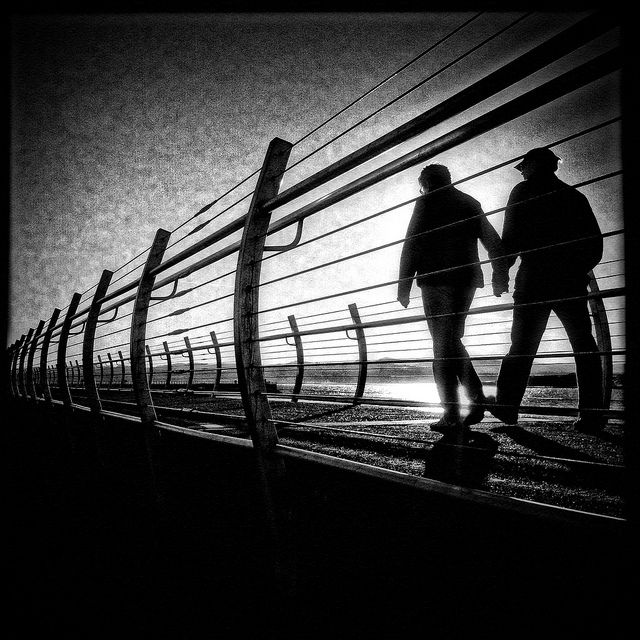
B. Photo by Nick Kenrick

C. Photo by Hernán Piñera

D. Photo by Nick Kenrick

E. Photo by Graeme Paterson
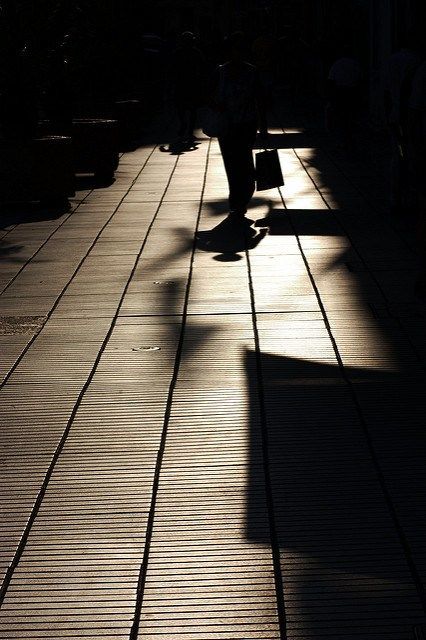
F. Photo by r.g-s
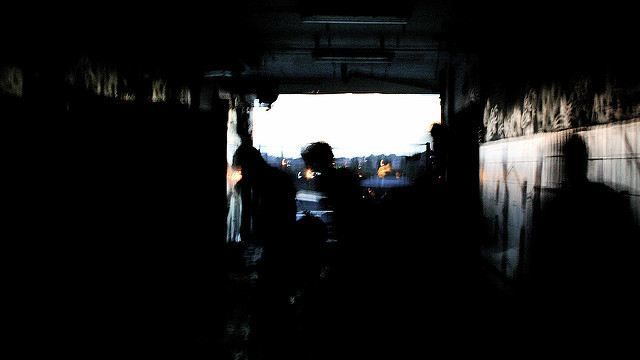
G. Photo by Jonas Maaløe Jespersen
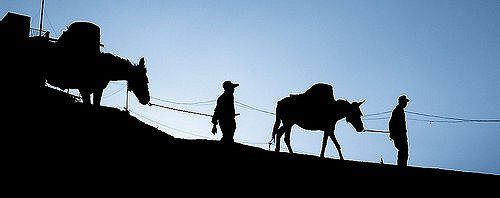
H. Photo by Philippe Semanaz
Which subjects did you quickly recognize? I chose B, C, and H. Now, which subjects did you appreciate better, the ones you could easily recognize or the ones you didn’t quickly recognize?
It’s not the viewers’ fault when they don’t understand what a photo is about. That’s the responsibility of the photographer. I hope this exercise has given you an idea on the importance of story clarity.
Subject selection is part of the pre-production phase of photography. The factors mentioned above are things you can consider before you even start looking through your camera’s viewfinder. And because a subject’s visual interest value is affected by these factors, these are the same things that we can use to increase its value. There are different ways to do this; you may change your vantage point, manipulate the environment, or wait for the environment to change. You can also consider post processing. Remember, though, that this should be done at the time you’re appraising your subject. That’s the best time to decide what you can do in post-production that can increase the value.
Aside from Photoshop wizards, conceptual photography makes it easy to enhance visual response values. If they want a foggy environment to increase the visual value of a portrait model, conceptual photographers would probably just use a fog machine to create the effect. Travel and street photographers would probably wake up at the right season really early and wait for the environment to change to get the same effect. Remember my friend the Professional Photo Contest Winner? That’s similar to what he did; he waited for circumstances to change in the environment that increased his intended subject’s interest value.
Recommended Reading: Again, I recommend you read the book, ‘Powerful Imagery.’ It doesn’t focus primarily on subject selection, but it will give you a new perspective on how to evaluate your shots and its visual impact.

Photo by Karlo de Leon
Conclusion
The primary goal of this guide is to give you awareness on the concept of subject selection as a skill that you can consciously develop. With the concepts you learned today, I suggest you take some time to go out and shoot. Go for a thirty-minute photo walk after you finish reading this guide. Observe your own thought process as you select subjects to shoot. See if anything changed. If it’s the first time that you will do this, then you may have already noticed some changes in the way you pick your subjects. Continue to grow and develop this skill. And in all things, don’t forget to have fun.



